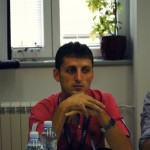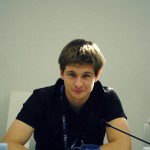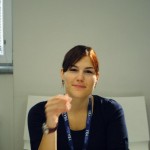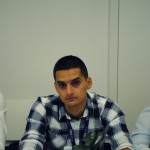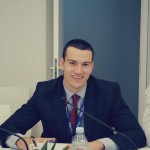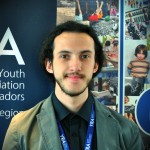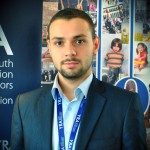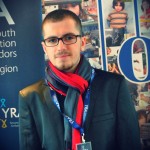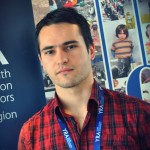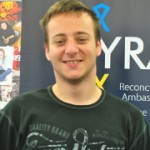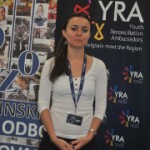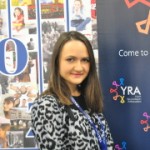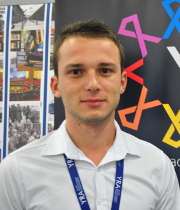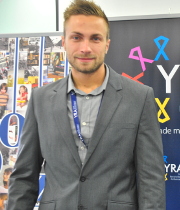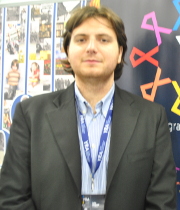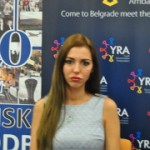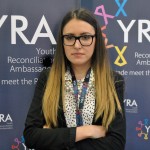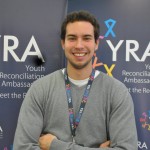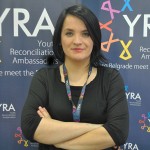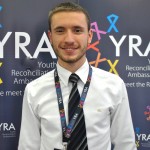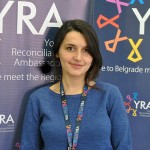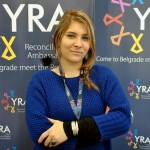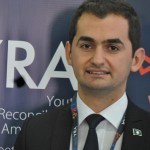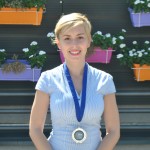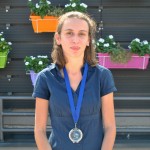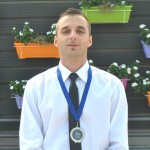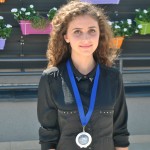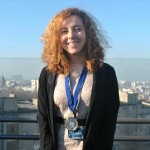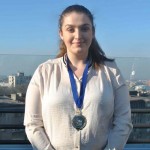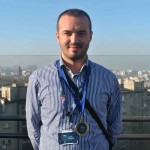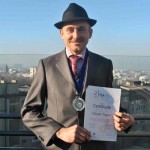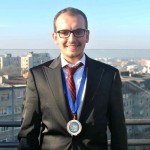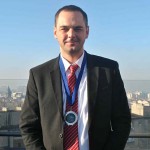
Interactive and interdisciplinary study visit on European Integration
as a tool for the Regional Reconciliation
2012 – 2015, Belgrade, Serbia
Come to Belgrade meet the Region
Youth Reconciliation Ambassadors is very intensive programme which includes a five-day study visit, peer to peer education, media appearances and essay publishing. During the first year, the programme was opened to twenty young people from Bosnia and Herzegovina, Kosovo* and Serbia. Since 2013 candidates from Macedonia are also eligible to applyfor this programme.Participants are high level university students majoring in social sciences and humanities and young professionals from the above mentioned countries.
Selected participants are granted a scholarship to cover the expenses of the programme, travel costs, accommodation, food and public transportation.
The idea of this programme is to encourage multi-perspective discussions on topics relevant to the future of the entire area of former Yugoslavia. We think that the exchange of experiences between young people from neighbouring countries, which are all at different stages of transition, could help form new ideas and overcome conflicts from the past. Our belief is that only in this way peaceful development of the region will be possible.
The curriculum consists of three core topics, which will be elaborated in very intensive 8 hour working day: EU Integration, History Education and process of Reconciliation in the Region. Selected participants attend lectures and visit different types of institutions (government, embassies, universities, political parties and NGOs).Program lecturersand moderators are well educated experts drawn from diplomacy, governmental institutions, universities and non-governmental organisations.
After the study visit, participants organise follow up activities (Media appearances, Discussion groups, Essays) in their local communities, discussing EU integrations and regional reconciliation.All successful participants are issued a certificate and honour to become the Youth Reconciliation Ambassadors in the Region.

Branko Ružić, Minister for EU integrations |

Michael Davenport, Head of the EU Delegation in Serbia |

Gordan Markotić, Ambassador of the Republic of Croatia in Belgrade |

Dominic-Haydn Braithwaite, British Embassy in Belgrade |

Žarko Korać, Vice President of the National Assembly of the Republic of Serbia |

Tanja Miščević, Serbian Chief EU Negotiator |

Milica Delević, Head of Serbian European Integration Office |

Nevena Petrušić, Commissioner for Protection of Equality |

Saša Janković, Ombudsperson |

Rodoljub Šabić, Commisioner for Information of Public Importance and Personal Data Protection |
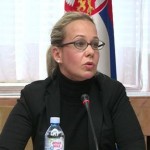
Ivana Ćirković, Director of the Office for Cooperation with Civil Society |
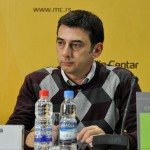
Nebojša Tasić, Head of Division for Education, Campaigns and Cooperation with Civil Society, Sector for Prevention, Anti-Corruption Agency |
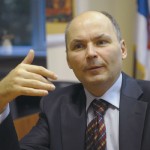
Milan Pajević, Head of the ISAC Fund |

Jelena Milić, Head of the Center for Euro-Atlantic Studies |

Maja Bobić, European Movement in Serbia |
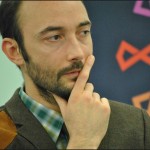
Dušan Jovanović, OSCE Mission to Serbia |

Marijana Toma, Humanitarian Law Center |

Ivan Kuzminović, Norwegian Embassy in Belgrade |

Vladan Avramović, British Embassy in Belgrade |

Dubravka Stojanović, Professor of History at Faculty of Philosophy University of Belgrade |
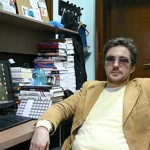
Srđan Milošević, Institute for Recent History |

Miloš Hrnjaz, Teaching Assistant at the Faculty of Political Sciences University of Belgrade |

Tamara Tomašević, Freelance trainer |
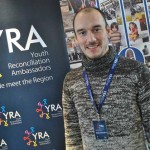
Marko Stanisavljević, Youth trainer, In memoriam |
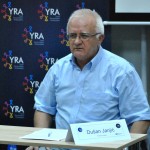
Dušan Janjić, Political Analyst |

Borko Stefanović, Member of Parliament |

Valdet Sadiku, Liaison Officer of Prishtina to Belgrade |

Pierre Mirel, Lecturer at Science Po |

Olja Bećković, Journalist |

Janja Simentić, Faculty of Political Sciences |

Sanja Mešanović, Negotiating Team for Accession of the Republic of Serbia to the European Union |

Novak Vučo, Office of the War Crimes Prosecutor |
First generation
Second generation
Third generation
Fourth generation
Fifth generation
Sixth generation
Veton Breznica, Kosovo
„I thought the programme was ace. You have a powerful mission with the YRA programme and I encourage you to continue because you change people’s thinking towards regional cooperation and reconciliation, and with that you change their lives for the better.
Hence, I am happy I was invited to take part in YRA, I had a fabulous time and I definitely highly recommend YRA whenever I speak about Youth Education Committee.“
Andrej Petrovski, Macedonia
„Being part of the YRA programme was utterly compelling experience. Not only because of meeting actual institutions and their representatives, but mostly for having the chance to make acquaintances with young people from the region who assembled in Belgrade in order to promote their values and views on the issues we share, regarding the process of reconciliation and the social phenomenon of dealing with the past. From that point, I can say that the YRA programme is a good mechanism that congregates young people who come from communities that, at the time these people were growing up, fought against each other in some of the bloodiest conflicts in modern history. It is my belief that this programme should carry on ameliorating, with every new generation surpassing the previous.“
Bojana Miletić, Serbia
„In my opinion it was very important that we had a chance to have this mutual experience and to hear about certain historical facts about our recent past from different perspectives. Studying multi-perspective approach to wars and perception of ’heroes’ creates sensitivity and empathy that helped us understand ideologicaly-nationalistic quakes and conflicting interests.“
Izudin Karić, Bosnia and Herzegovina
„I find this programme to be very interactive and productive… We participated in discussions that were useful for us and that contributed to development of certain skills important for the Regional reconciliation. The fact that participants of this programme became open for discussion and objectivity when talking about certain events from the past, as well as the fact that young people are ready and willing to work on peacebuilding, I see as a great success of this programme.“





